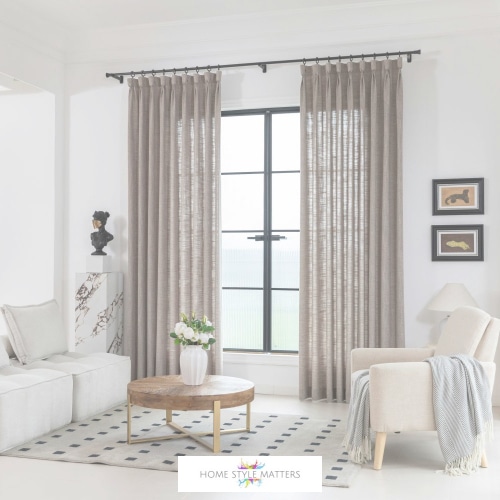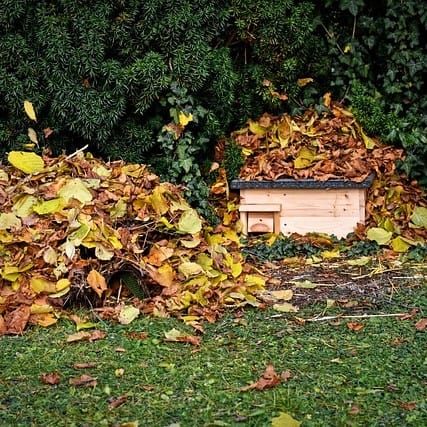Trees That Can Transform Any Size Garden
Table of Contents
Planting more trees is one of the simplest ways to bring life, colour, and structure into every garden. Whether you have a courtyard, a suburban plot, or a wide rural landscape, there’s a tree to grow that will enhance your outdoor space. Let us explore ornamental trees, native tree options, and practical gardening advice to help you choose the best trees for small gardens and beyond.
Choosing a Tree for Your Garden
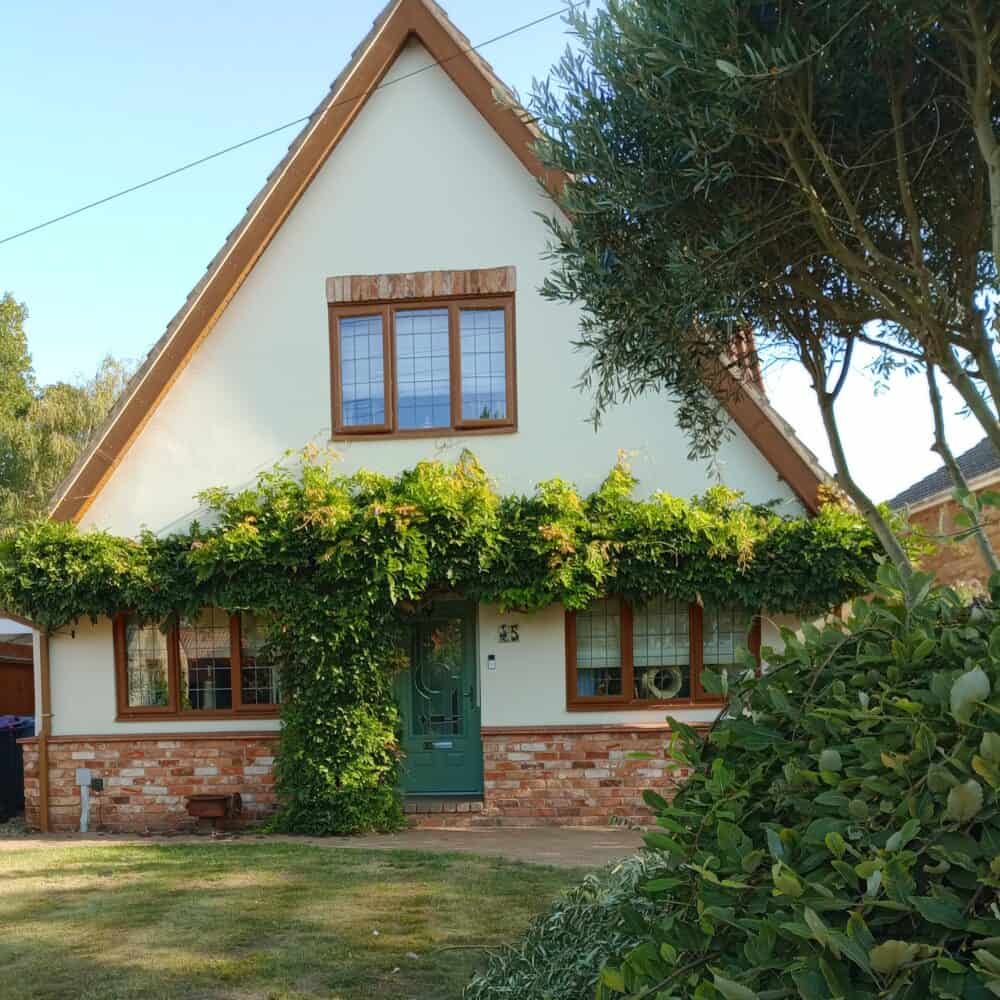
Before you plant a tree, think about what you want from your trees. Do you need flowering trees, shade, evergreen foliage, or berries in autumn? Do you prefer fast-growing species or slower cultivars that mature gracefully? A good garden design considers soil conditions, eventual height and spread, and how neighbouring gardens might be affected once trees are in the ground.
Tip: Deciduous or evergreen, native or ornamental, always check how well a tree species will grow well in your soil and climate.
Trees for Small Gardens
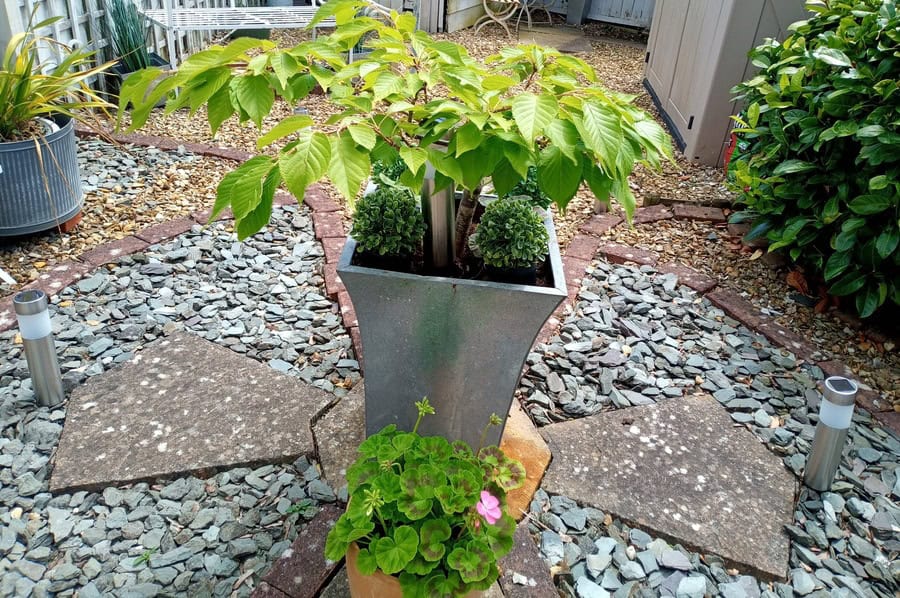
Not every small garden can host a mature tree, but no matter how small your outdoor space, you can still enjoy smaller tree choices or even a large shrub. Ornamental trees for small gardens bring year-round beauty with seasonal interest.
- Amelanchier lamarckii (Juneberry): White spring flowers followed by edible berries in autumn. A small tree ideal for small spaces.
- Acer griseum (Paperbark Maple): Known for its cinnamon-coloured bark and coral-red autumn foliage. A true ornamental that works in compact plots.
- Prunus ‘Red Sentinel’: A columnar flowering cherry with white spring flowers and glossy berries in autumn.
- Magnolia grandiflora: A stunning evergreen with summer flowers. Suits sheltered, well-drained soil.
- Flowering Cherry (Prunus Trees): Flowering cherry trees stand out for their versatility; they can thrive in both expansive landscapes and compact spaces, making them an ideal choice for various settings.
These ornamental trees for small gardens provide seasonal colour without overwhelming your space.
Garden Trees for Medium Spaces
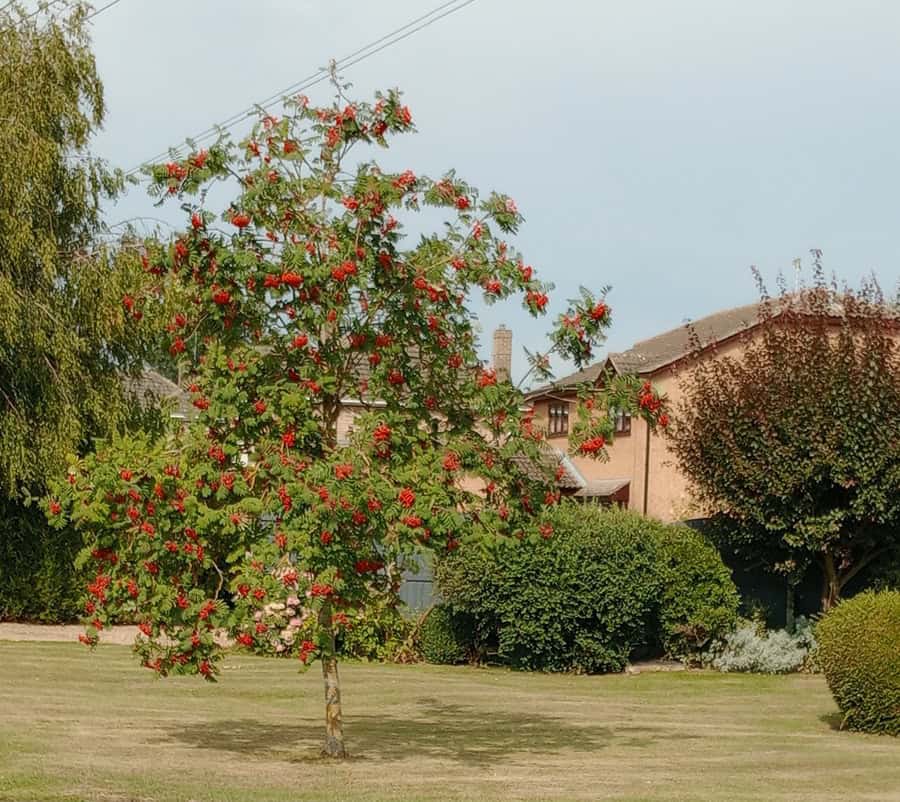
Medium gardens allow more flexibility, so you can plant trees with stronger character.
- Rowan (Sorbus aucuparia): Clusters of white spring flowers, berries in autumn, and fiery autumn colour. This native tree is also valued by the Woodland Trust for supporting wildlife.
- Hazel (Corylus avellana): A deciduous tree with catkin flowers in spring. It produces nuts loved by squirrels and dormice. A classic choice for planting more resilient, wildlife-friendly gardens.
- Silver Birch (Betula pendula): Elegant deciduous tree with bright bark. Birch trees grow well in many soil conditions, offering light canopy and airy foliage.
- Chanticleer Pear (Pyrus calleryana ‘Chanticleer’): A fast-growing cultivar with upright, columnar form, disease resistance, and attractive spring to autumn interest.
Medium garden trees strike a balance between structure and manageability. They’re perfect for gardeners who want both beauty and practicality.
Trees for Larger Gardens and Woodland Edges
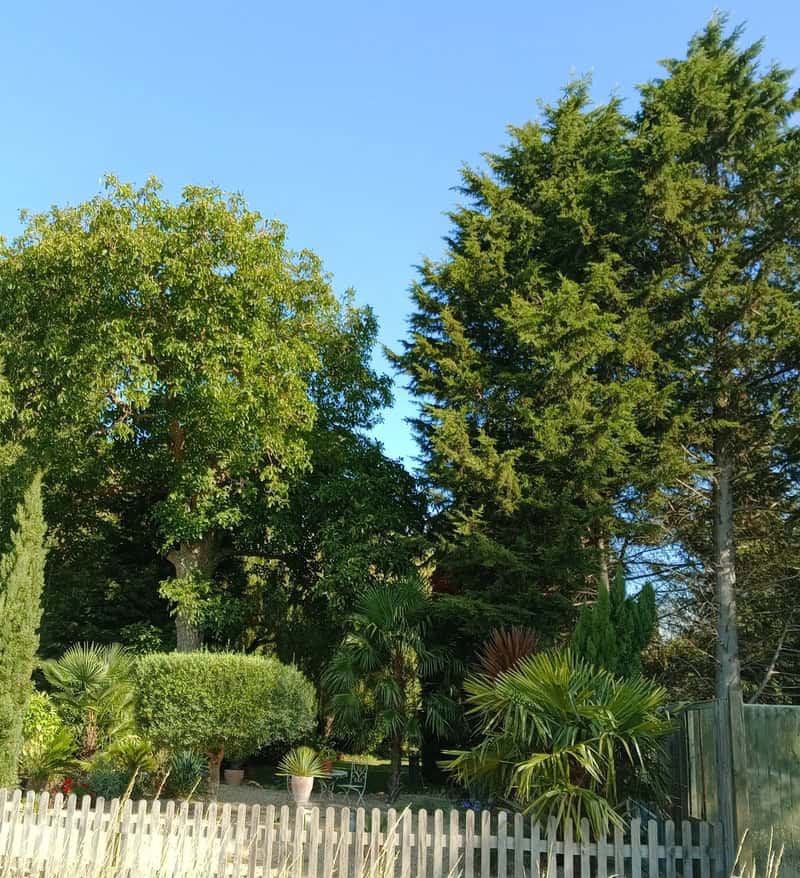
If you have space for growing trees that reach their full potential, a mature tree becomes the centrepiece of your garden.
- Beech (Fagus sylvatica): A majestic deciduous tree, best in open landscapes. Offers rich autumn colour and provides excellent shade.
- Alder (Alnus glutinosa): A native tree suited to damp soil. Supports trees for wildlife, improving biodiversity.
- Willow (Salix alba): Fast-growing, graceful branches that sway in the wind. Ideal near water or damp ground.
- Hawthorn (Crataegus monogyna): A hardy native with white spring flowers and red berries in autumn. Often used for hedging and woodland edges.
Planting more trees such as willow, alder, or hawthorn helps create resilient landscapes that survive drought and heat while providing shelter for wildlife.
Expert Gardening Advice
When you plant trees in your garden, keep in mind:
- Soil and drainage: Ensure soil is well-drained but fertile enough for young trees.
- Pruning and care: Some trees need regular prune work during the first few years to establish shape.
- Deciduous or evergreen trees: Think about how your garden looks from spring to autumn, and how evergreen trees provide winter structure.
- Pests and diseases: Always choose resilient cultivars to reduce risk of dieback.
- Planting more resilient trees: Future-proof your garden against drought and heat by selecting tree species proven to survive changing climates.
Whether you’re choosing ornamental trees, deciduous trees, or native species, there’s a perfect garden tree for every garden.
Be Mindful of Growth Potential
When selecting the best trees for various-sized gardens, it’s essential to consider their growth potential. A tree that starts as a modest sapling can become an imposing presence in just a few years. For small gardens, opting for trees with a more compact growth habit, such as Japanese maples or dwarf fruit trees, ensures that you can enjoy their beauty without feeling overwhelmed. These trees not only offer visual appeal but also provide shade and habitat without encroaching on your living space.
Alternatively, if your garden has ample room, larger trees like oaks or pines can be a stunning focal point, offering grandeur and longevity. It is crucial to assess their mature size and root systems to prevent potential issues down the line, especially if situated close to buildings. In crowded urban environments, even a tree that seems manageable can cause problems with infrastructure, so researching the best trees involves understanding how they interact with their surroundings.
Conclusion
From ornamental trees for small spaces to majestic deciduous trees in wide landscapes, the best trees are those suited to your soil, climate, and garden design. No matter the size of your garden, there’s a tree to grow that will reward you with flowers, foliage, berries in autumn, and shade. Plant a tree today, and your garden will become a perfect garden for wildlife, colour, and beauty — not just for you, but for generations to come.


